A quick overview of new global foreign trade regulations in August 2025! Tariff adjustments and trade policy upgrades in multiple countries – a must-see for import and export enterprises
Introduction
In the first half of 2025, China’s total import and export value of goods reached 21.79 trillion yuan, marking a year-on-year increase of 2.9%. As we entered August, a new round of foreign trade policies from multiple countries was implemented, encompassing various aspects such as tariff adjustments, customs clearance facilitation, import and export restrictions, and upgrades to technical standards. To assist enterprises in promptly grasping policy developments and avoiding risks, we have compiled the latest changes and recommend bookmarking this information for future reference!
1. Asia: Strengthened and upgraded regulation
1. China 🇨🇳
AEO mutual recognition launched: From August 1st, the mutual recognition of AEO enterprises between China and Thailand will be officially implemented, and certified enterprises from both sides will enjoy benefits such as lower inspection rates and priority customs clearance.
RCEP tariff reduction: The tariff reduction period for electronic components, textile raw materials, and other commodities has been shortened to seven years, and the rules for cumulative origin have been relaxed, further reducing costs.
Electronic document pilot: Customs in 10 cities including Beijing and Guangzhou have implemented self-service inquiry and printing of customs declaration documents, simplifying the declaration process.
Adjustment of deposit interest rate for processing trade: The deposit for restricted commodities will be calculated at the current deposit interest rate, alleviating the financial pressure on enterprises.
Upgrading of import and export control:
Hainan Free Trade Port has released a list of prohibited and restricted import and export goods, including endangered species and cultural relics;
Goods containing pallets must be clearly marked with pallet information;
Continue to impose anti-dumping duties on stainless steel products from the EU and other countries, with a duration of 5 years.
Adjustment of the Technology Import and Export Catalogue:
Delete three prohibited/restricted entries, including traditional building techniques;
The preparation technology of new battery cathode materials is classified as restricted export items.
2. Pakistan🇵🇰
Taxation on e-commerce: A 18% sales tax and a 5% service tax will be levied on platforms;
Import restrictions on industries such as food and energy have been lifted, but the import and transit of Indian goods are still prohibited;
Starting from August 1st, China will initiate an early harvest plan for agricultural products with Afghanistan, reducing tariffs on eight categories of products, including grapes and mangoes, to 27%.
3. India 🇮🇳
Imported stainless steel pipes must be certified by BIS, and violators face imprisonment or fines;
Imposing a 20% export tariff on unmilled rice and white rice, and prohibiting the export of broken rice;
Imported footwear must comply with Indian standards and bear certification marks;
Continue to impose anti-dumping duties on products such as printed circuit boards from China.
4. Indonesia 🇮🇩
E-commerce platforms are required to withhold 0.5% of the sales revenue as income tax for small and medium-sized sellers;
Expand the scope of safeguard measures for imported cotton fabrics, adding four new tariff lines.
5. Vietnam 🇻🇳
Automatically levy value-added tax on small-value imported goods priced below 1 million Vietnamese dong;
Standardize the issuance of certificates of origin and the process of independent certification;
Delegate the authority for administrative approval related to land to provincial and township governments.
6. Thailand 🇹🇭
Strengthen the supervision of 19 digital service platforms, including Xiaopi and Alibaba;
Initiate an anti-circumvention investigation against cold-rolled carbon steel products from China.
7. Saudi Arabia 🇸🇦
It is proposed to allow foreigners to purchase properties in specific areas (to be implemented in January 2026);
Foreign work permits are managed based on skill levels;
The mandatory government procurement list has been expanded to include 105 local products, covering fields such as medicine and IT.
II. Europe: Standard updates and policy delays
1. European Union 🇪🇺
The energy efficiency labeling standards for electronic devices have been updated, and non-compliant products are prohibited from importation;
Upgrade of testing standards for toy phenol and bisphenol A;
The due diligence on the battery law supply chain has been postponed to August 2027;
Initiate a nine-month registration process for Chinese electric vehicles, or impose retroactive tariffs;
Continue anti-dumping measures against China’s flat steel.
2. Other European countries
UK: Updated standards for live animals and food imports; UKREACH continues to be revised;
France: Smoking is prohibited in outdoor public places;
Ireland: Proposed to ban the import of goods from illegal Israeli settlements;
Estonia: Banned the sale of flavored tobacco products;
Türkiye: Preliminary ruling on safeguard measures for imported corrugated medium.
III. The Americas: Significant changes in US tariffs
Policy adjustments in multiple countries
1. US
Comprehensive tariff increase: Starting from August 1, differential tariffs ranging from 10% to 50% will be imposed on multiple countries, with the focus on:
EU automobiles and machinery: 15%;
Japanese automobiles: 15% (originally 2.5%);
All products from Brazil: 50%;
Mexican goods: 30%;
China maintains a 30% consolidated tariff (until the expiration of the freeze period on August 12).
Tariffs on new energy products have been increased: the tax rate for photovoltaic modules and inverters has been raised to 25%-35%;
Import tax on key minerals: impose a tariff of 10%-50% on copper, rare earths, etc;
Strengthening of rules of origin: The regional value content of electric vehicle batteries shall not be less than 55%.
2. Argentina and Brazil
Argentina: Relaxed import restrictions on medical products; issued guidelines for the registration of imported food products;
Brazil: The anti-dumping duties on disposable syringes from China will remain in place until June 2026.
IV. Africa and Oceania:
Customs clearance enhancement and resource protection
1. Africa
Djibouti: For imported goods, an ECTN certificate must be provided;
South Sudan: Imported goods require a certificate of conformity, and cars are subject to mandatory testing.
2. Oceania
Australia: Cancellation of import tariffs on nearly 500 items; ban on exports of specific fish to Europe from August 1st;
New Zealand: Upgrade the electronic origin networking system with China.
V. Other important trends
Many countries plan to restrict the import of products from illegal Israeli settlements;
Saudi Arabia, South Korea, and other countries have strengthened the supervision of origin labeling on e-commerce platforms;
It is recommended that enterprises actively utilize free trade agreements (such as RCEP) to obtain tariff concessions.
© Copyright Notice
The copyright of the article belongs to the author. Please do not reprint it without permission.
THE END
If you like it, please support it
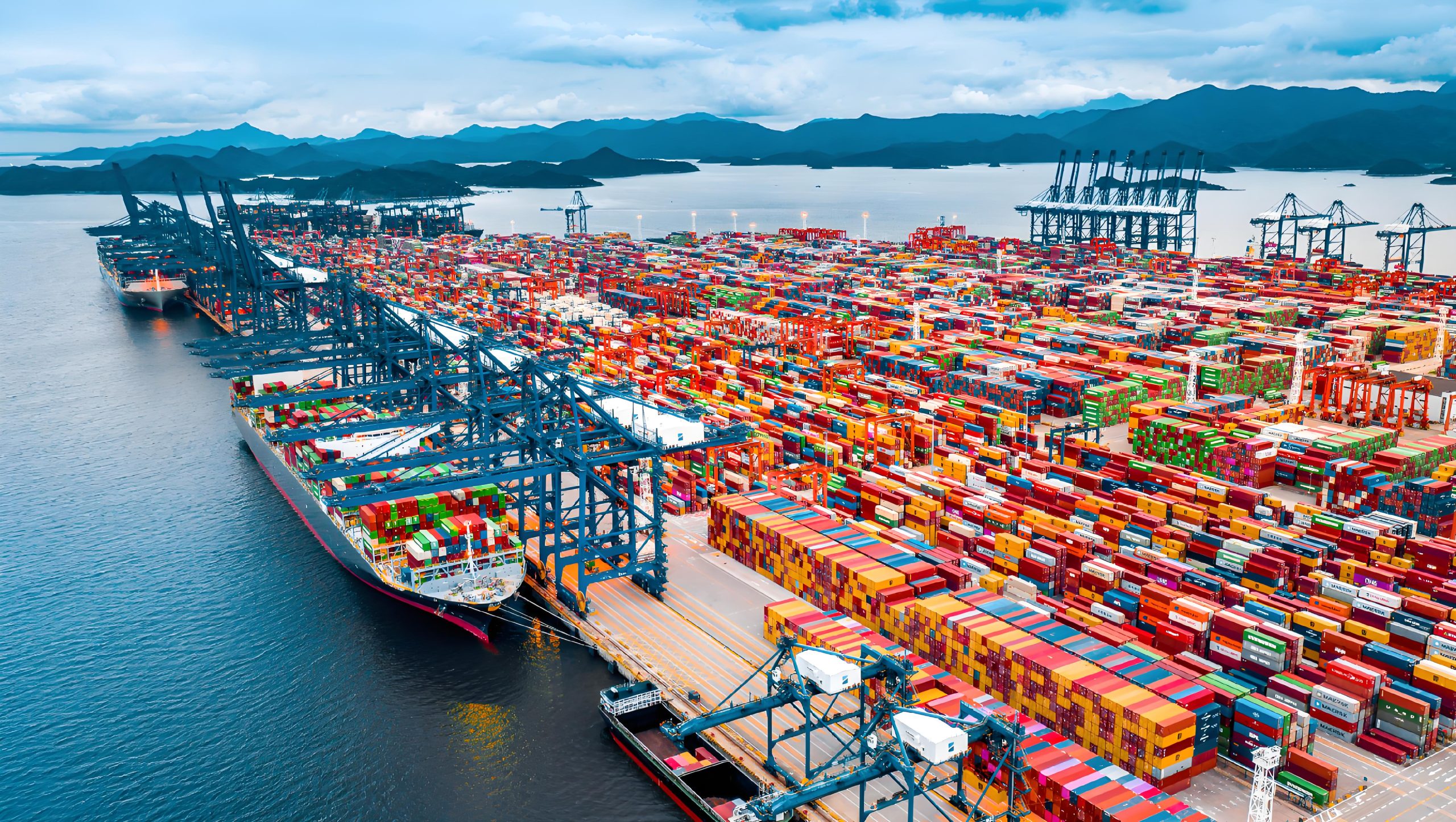

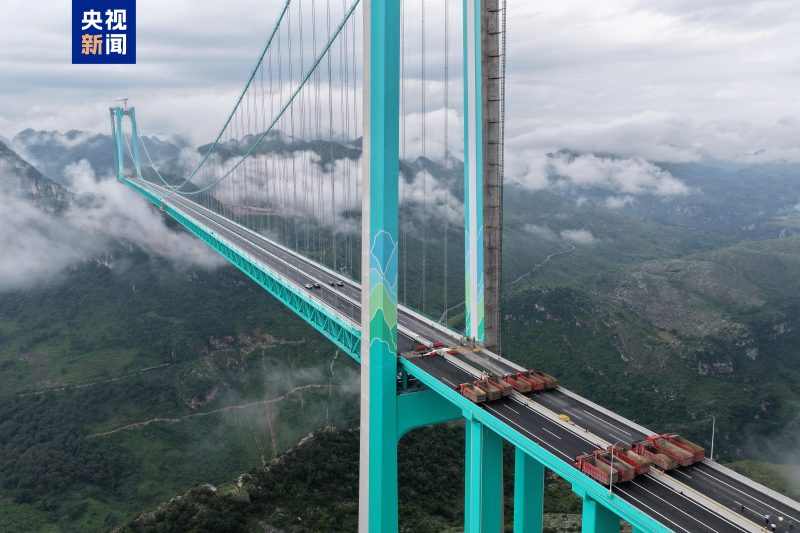


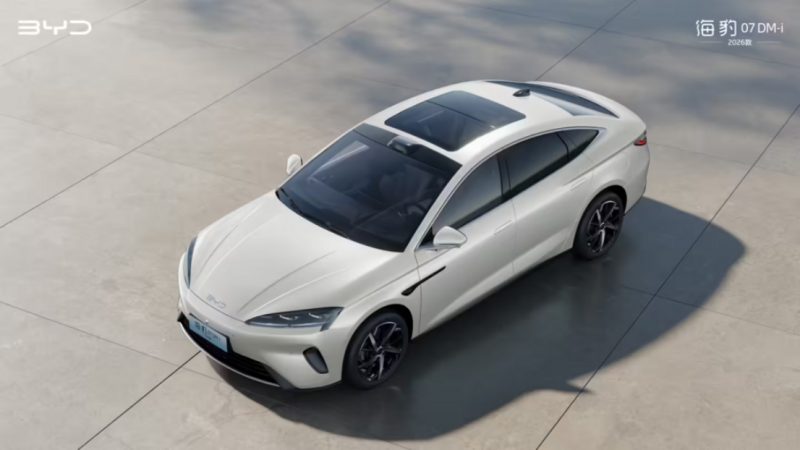
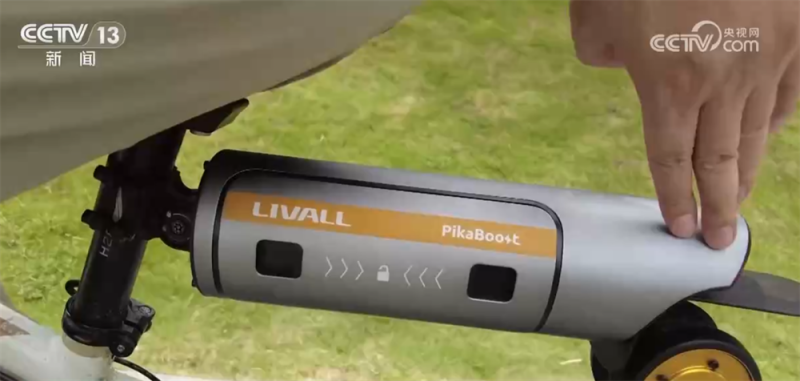

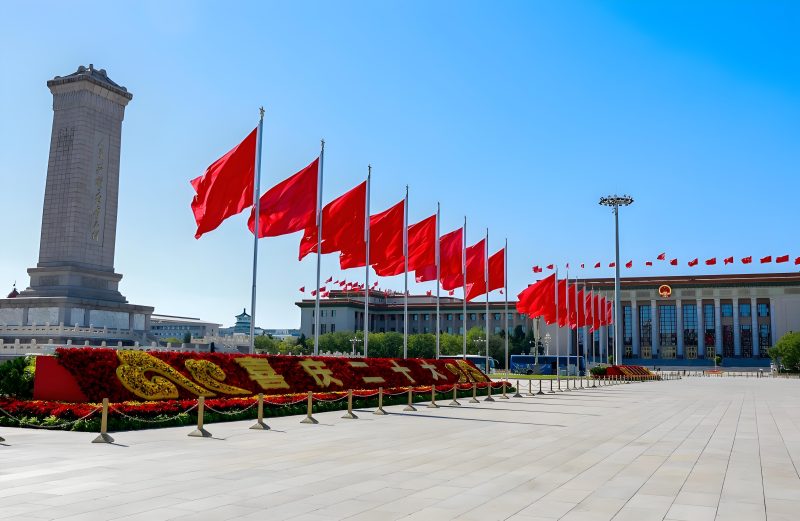
No comment content available for the moment